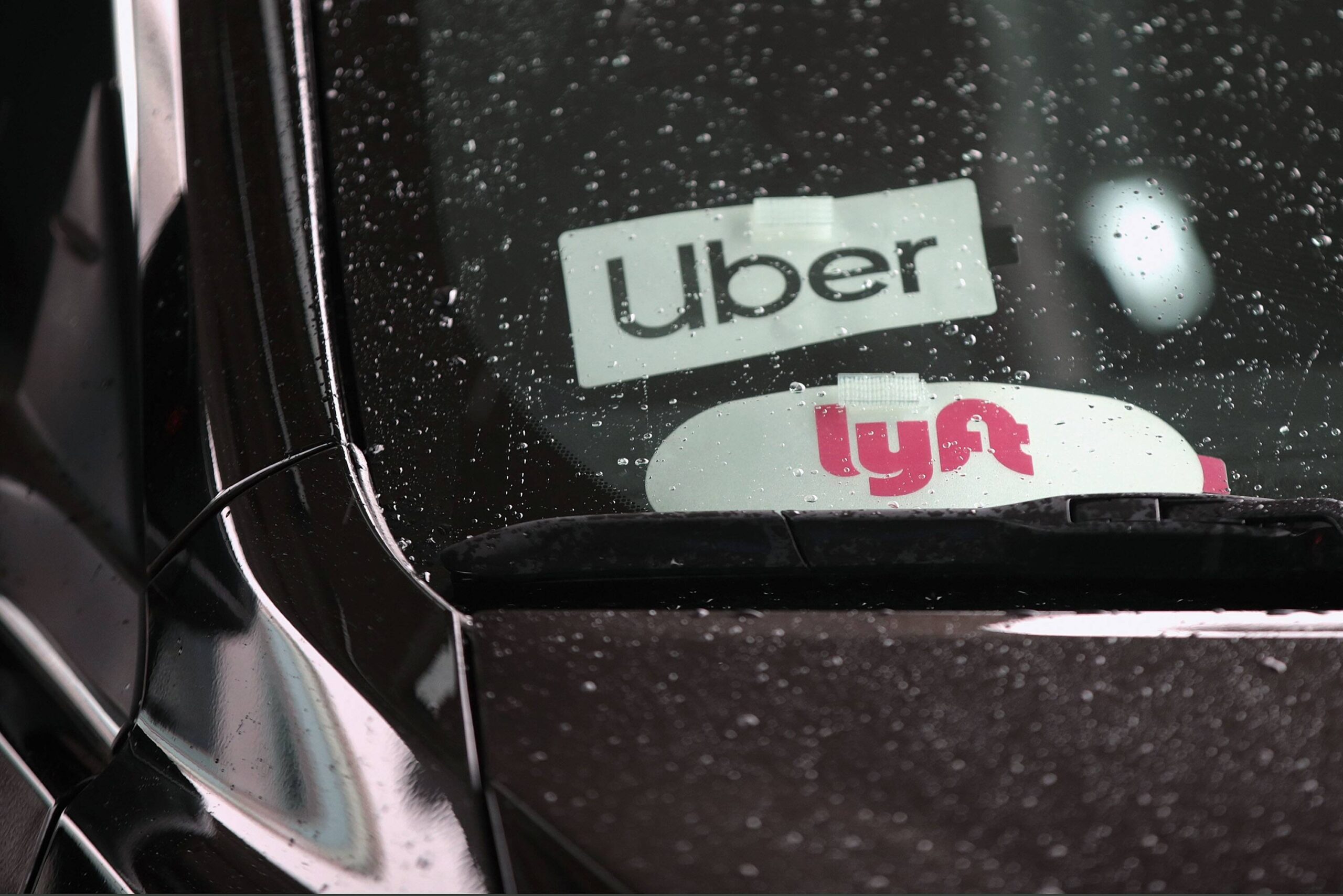By Candace Mcduffie
Data that was recently released by Rideshare Drivers United and the Asian Law Caucus revealed that two-thirds of Lyft and Uber drivers in California had experienced deactivation by the respective apps. Additionally, the deactivation affected people of color disproportionately.
Of the drivers surveyed, thirty percent said that they were never given a legitimate reason as to why they were let go. Around forty-two percent of the drivers said the app cited customer complaints. Asian Law Caucus lawyer Winnie Kao, who worked diligently on the report, told NBC News:
“This reality is that now app-based drivers can be fired, not even by a human being, but just by an app. That you can wake up one day and try to turn on the app to go to work, and you’re just blocked. Hearing the stories from the drivers about that was really troubling and really disturbing.”
A representative for Lyft told the outlet that the report was inaccurate and explained:
“We strongly condemn discrimination of any kind and are committed to preventing it on our platform. This report is flawed to its core with a predetermined conclusion not grounded in facts. Lyft takes safety reports from riders and drivers seriously and reviews and investigates them to determine the appropriate course of action. This report does not reflect the actual experiences of the majority of drivers.”
A spokesperson for Uber stated that the deactivation process was run by human representatives who do a detailed evaluation before making a decision:
“We know that drivers rely on Uber to earn, so the decision to deactivate a driver’s account is one that we do not take lightly. Unless there is a serious emergency or safety threat, we provide multiple warnings to drivers before permanently deactivating their account. And we provide drivers with the option to appeal eligible deactivations, including by submitting additional photo or video evidence.”
The survey also showed that drivers of color were deactivated at a much higher rate than white drivers. Around 70 percent of drivers of color said they experienced either a temporary or permanent deactivation, compared with 57 percent of their white counterparts.

